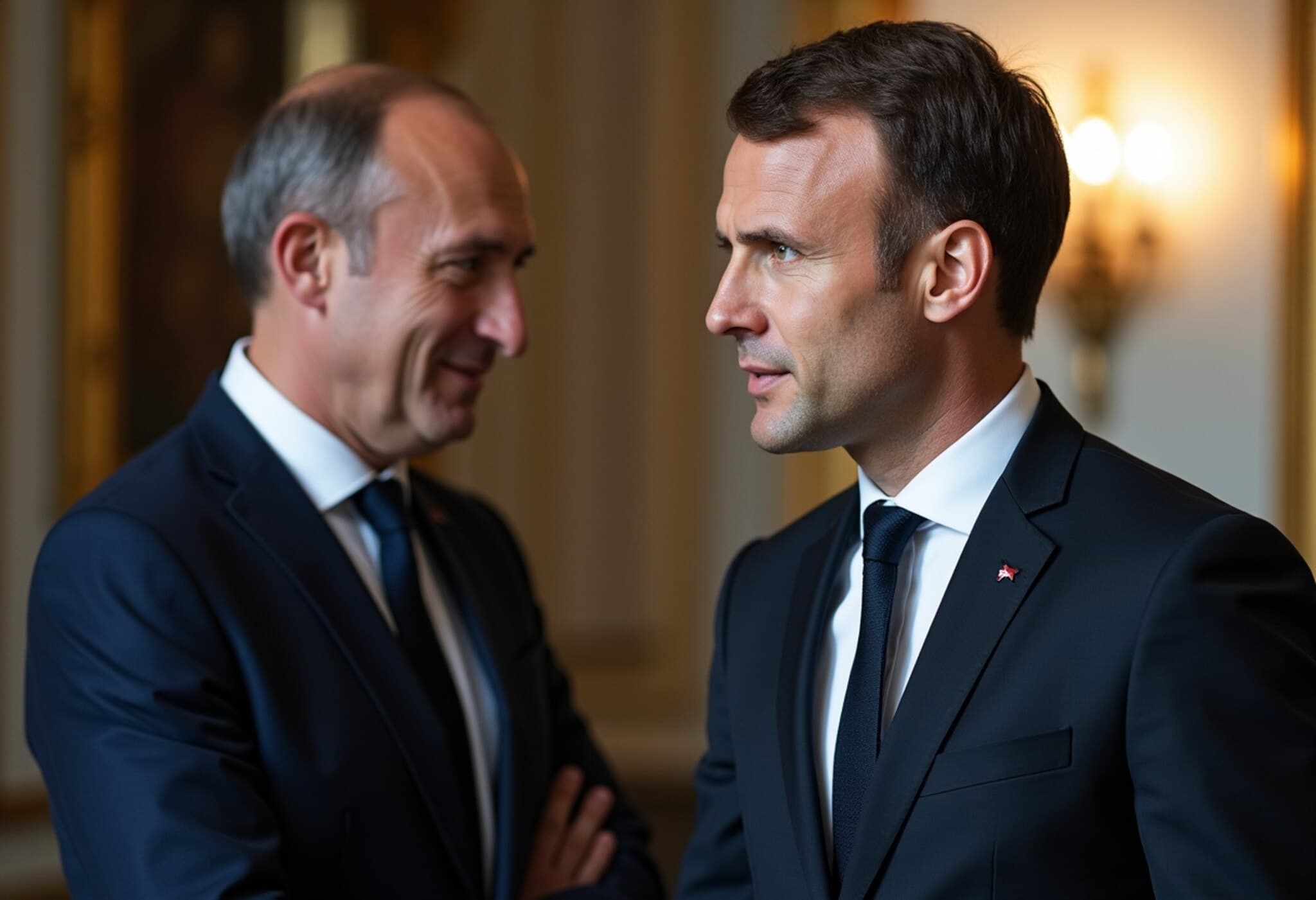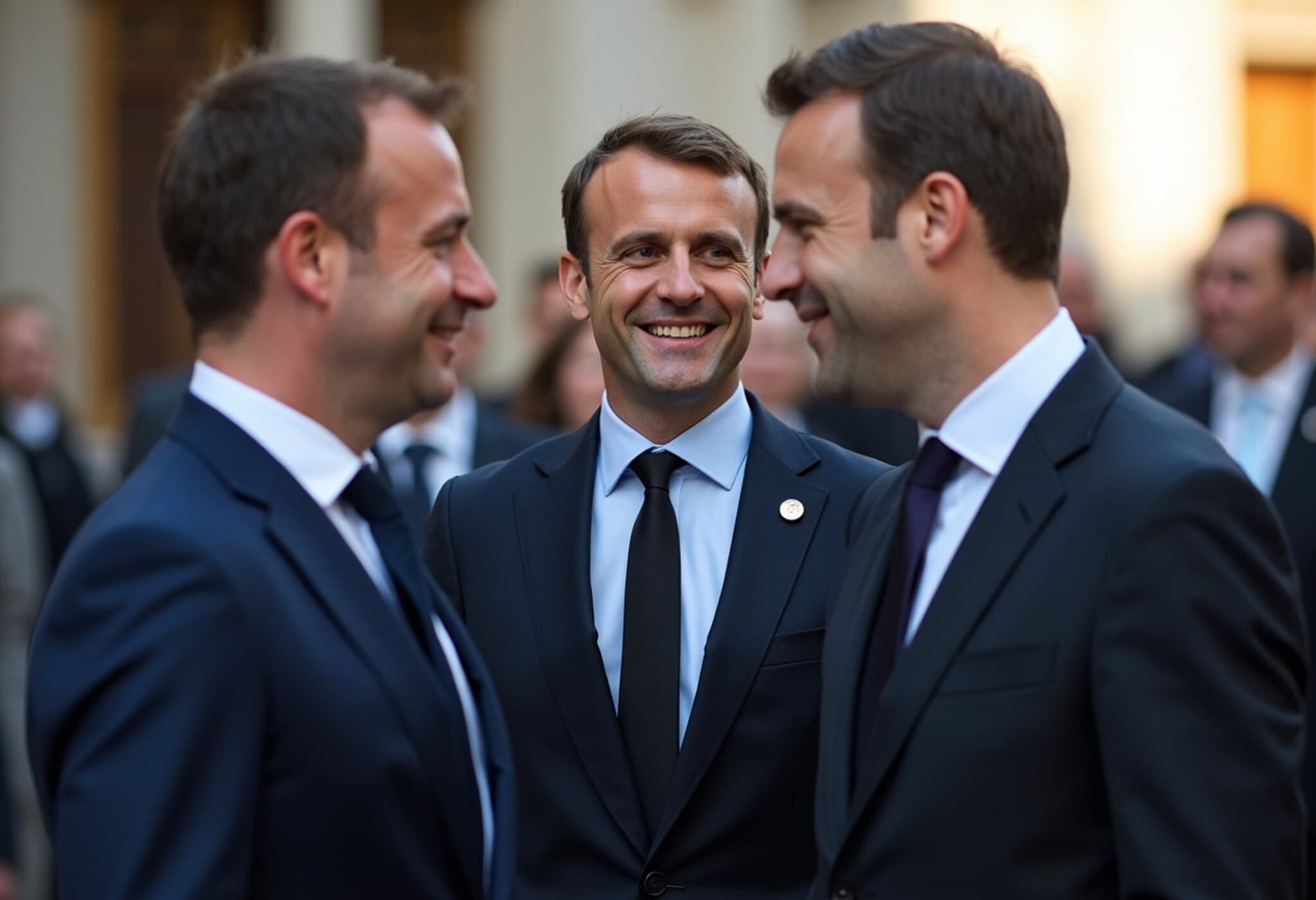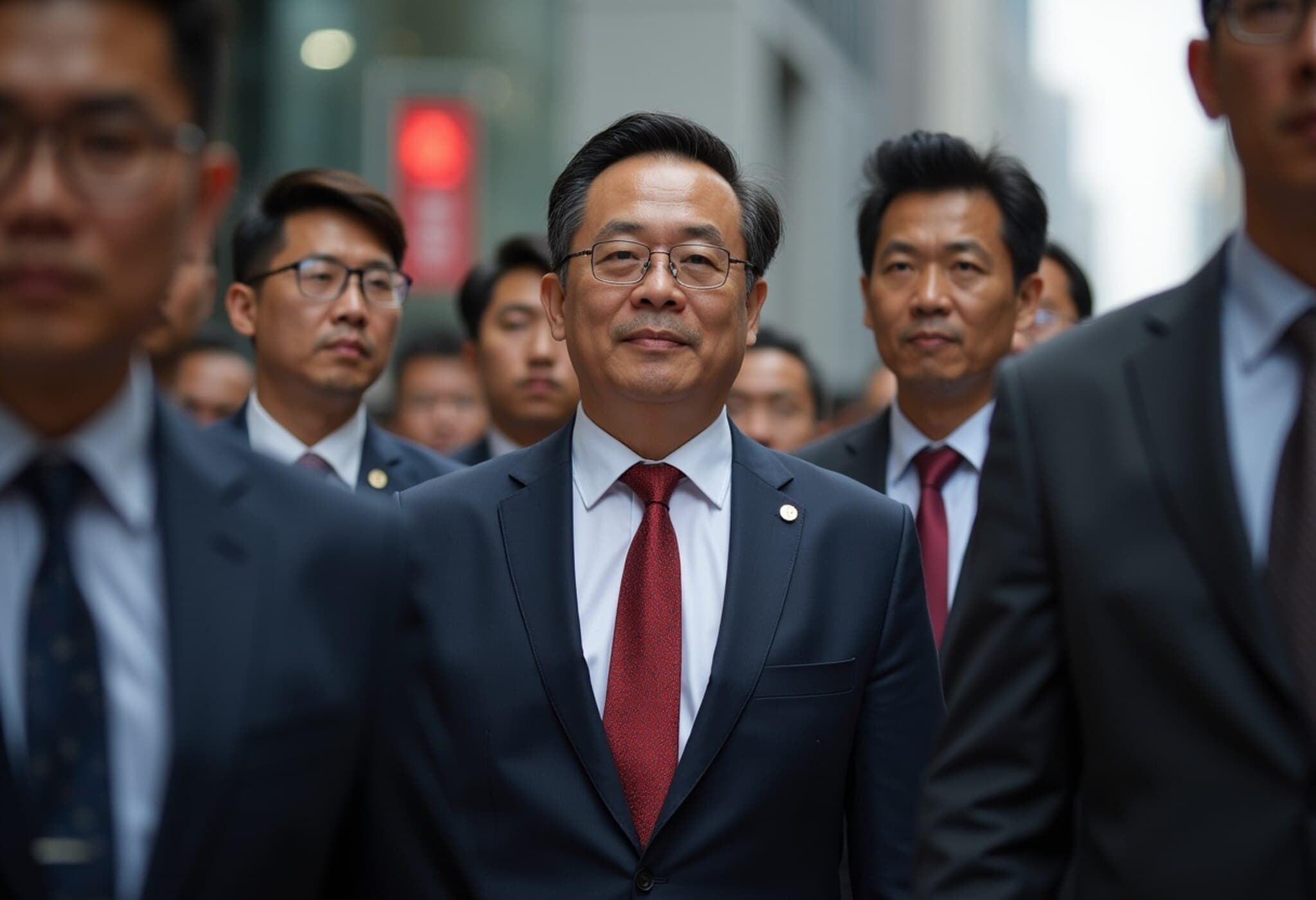Hungary Takes EU to Court Over Military Funding from Frozen Russian Assets
In a bold legal move shaking the foundations of European unity, Hungary has filed a lawsuit against the European Union’s recent decision to allocate interest generated from frozen Russian state assets towards military aid for Ukraine. The European Court of Justice announced on August 25, 2025, that it has officially accepted Budapest’s case, paving the way for a potentially precedent-setting dispute within the EU’s legal and political framework.
The Core of the Dispute
The conflict centers around a 2024 decision by the Council of the EU to channel billions in interest accrued from Russian sovereign assets, frozen in the wake of Russia’s war against Ukraine, into the European Peace Facility (EPF). The EPF is the EU’s flagship mechanism for defense assistance, designed to support Ukraine’s efforts amid ongoing conflict.
Hungary is seeking to annul both the Council’s decision and a subsequent EPF ruling in March 2025 that authorized using these funds directly for procuring military equipment and weapons for Ukraine.
Budapest’s Legal and Political Arguments
- Right to Veto: Hungary argues that its abstention during the initial vote does not equal consent, and that interpreting abstention as a waiver of veto rights undermines member states’ sovereignty and the EU’s intricate decision-making processes.
- Legal Precedent: By challenging this interpretation, Budapest is testing whether unanimous agreement or explicit veto is required for such formidable financial decisions impacting EU foreign policy and defense.
- Alliance Loyalty: Hungary’s government, led by Prime Minister Viktor Orbán, has consistently pursued a Moscow-friendly path, resisting sanctions and military aid to Ukraine, while also obstructing Kyiv’s EU integration efforts.
The Stakes – Financial and Political
The frozen Russian assets total approximately $300 billion, with European institutions holding around two-thirds of this sum. The annual interest generated—estimated between €3 billion and €5 billion—is now earmarked overwhelmingly (99.7%) for Ukraine’s military needs, highlighting the scale of financial support aimed at countering Russia’s aggression.
Regional and Global Implications
Hungary’s legal challenge comes amid escalating tensions over EU policy coherence in responding to the war in Ukraine. Budapest’s resistance underscores the ongoing debate within the bloc over solidarity, national sovereignty, and the limits of collective action when confronted with geopolitical crises.
Experts note that:
- The lawsuit could redefine the interpretation of voting rights in the EU Council, affecting not only defense financing but also broader decision-making mechanisms in the future.
- It shines a spotlight on internal fractures within the EU, particularly between Western European states pushing for more aggressive support to Ukraine and Hungary’s cautious, often contrarian stance.
- The case serves as an indicator of how far individual member states can shape or obstruct the EU’s strategic responses.
A Complicated Relationship with Russia
Hungary remains the EU’s staunchest Kremlin sympathizer, with Prime Minister Orbán repeatedly questioning the effectiveness of sanctions and urging dialogue over confrontation. His government’s position has triggered friction not only with EU institutions but also with NATO allies, complicating the transatlantic consensus on how to handle Russia’s ongoing military aggression.
Recent speculation in international media pointed to U.S. President Donald Trump playing a role in persuading Orbán to reconsider his veto on Ukraine’s EU accession talks. Yet, Budapest’s stance on using frozen Russian assets for military aid has remained firm, suggesting a nuanced calculus balancing economic interests, geopolitical strategy, and domestic politics.
What’s Next?
This high-profile lawsuit will be closely watched by policymakers, legal experts, and global observers alike. The European Court of Justice’s ruling could set significant legal benchmarks for:
- The scope and limits of member states’ veto powers within EU financial and security policies.
- The legitimacy of aggregating frozen foreign assets in response to international conflicts.
- The broader question of EU unity in facing aggressive moves by global powers such as Russia.
Editor’s Note
Hungary’s challenge raises thought-provoking questions about the delicate balance between national sovereignty and collective European responsibility. As the EU grapples with unprecedented geopolitical upheaval, the unfolding court case is more than a legal dispute—it’s a test of solidarity, strategy, and the future shape of European collaboration. For American policymakers and observers, the litigation echoes perennial debates about the limits of coalition-building and the complexities of sanction enforcement in a multipolar world.
Will the European Court of Justice reinforce a collective defense ethos, or will it empower a single member state’s veto, potentially slowing down urgent responses to crises? And beyond legalities, what does this say about the resilience of democratic institutions when internal discord intersects with external threats?










